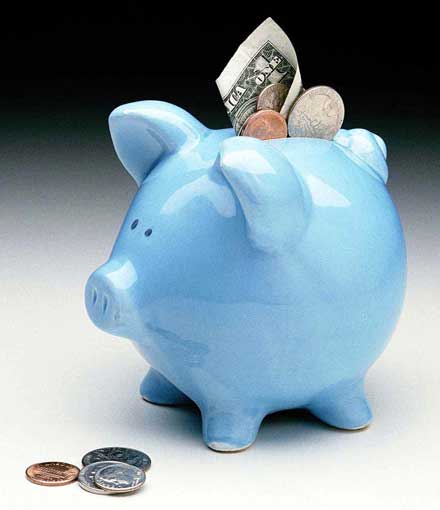
I graduated from college in 1974 and received exactly one job offer, which I cheerfully accepted. The economy was recovering from a period of financial doldrums and I made an interesting choice, the benefits of which I still reap today.
I decided to continue living like a student. Even though my income had increased dramatically, I decided to continue living frugally. I chose an apartment in a decidedly modest neighborhood, continued to drive the old clunker I had in college, and except for a few navy blazers, I kept pretty much to the same wardrobe. I did not buy a fancy television, or state-of-the-art stereo system, or go on expensive vacations as many of my contemporaries did.
Instead, I lived substantially beneath my income and banked the rest, eventually investing the accumulated capital in real estate back in my hometown of Gainesville, Florida.
I figured I was happy when I was a student living a student lifestyle, so why change? Upgrading my lifestyle would only create a new set of expectations to be met without truly increasing my happiness. I’d heard the saying, “A rich man deprived of his riches is ten times more miserable than a poor man,” and it rang true to me.
I was just beginning to understand the difference between “pleasure,” a temporary physical sensation dependent upon stimuli from the outside environment and “contentment,” a frame of mind always within my ability to choose.
Since my sense of self was anchored pretty solidly within (thanks, Dad), I felt little or no need to impress others with material possessions. This was because the things that impressed me, real world accomplishments based on solid enduring fundamentals, were somewhat antithetical to conspicuous consumption.
Ever since then, I’ve ALWAYS lived beneath my income, choosing every year to reinvest much of my income for the future.
I’m NOT talking about living a drab or boring life. I’m talking about taking back control of your pleasure centers from Madison Avenue and reprogramming yourself.
Where other families took expensive trips to Disney World, we went on canoe trips in the Ocala National Forest just a few miles from home. I will stack up those wonderful memories of drifting down Juniper Run surrounded by nature and family with any memories generated via budget-breaking stays at five star resorts in artificial theme parks. Yes, there is a time and a place for such expenditures and it’s after the bills have been paid, college saved for, mortgage paid down, and retirement secured beyond any reasonable and unreasonable scenario.
I can hear the chorus now: “Easy for you, possible perhaps for others, impossible for me.” My reply is that where there is a will there is always a way.
It may involve challenging some cherished assumptions, but I assure you that if you have the courage to do so and intelligently persevere, the odds are overwhelming that you will look back and wonder why you so fervently worshipped the false gods of excess consumption as the way to happiness and fulfillment.
My experience is that there is a great deal of happiness and long-lasting satisfaction to be found in living a financially prudent lifestyle. That solid sense of security and well-being will last much longer than the all too temporary joys that excessive spending and the endless accumulation of material possessions will ever bring.
So step off the treadmill and start the process of re-orienting your pleasure centers.
Closing Quotes:
“Industry, thrift and self control are not sought because they create wealth but because they create character.” — Calvin Coolidge
“Waste is worse than loss. The time is coming when every person who lays claim to ability will keep the question of waste before him constantly. The scope of thrift is limitless.” — Thomas A. Edison
“I believe that thrift is essential to well-ordered living.” – John D. Rockefeller

